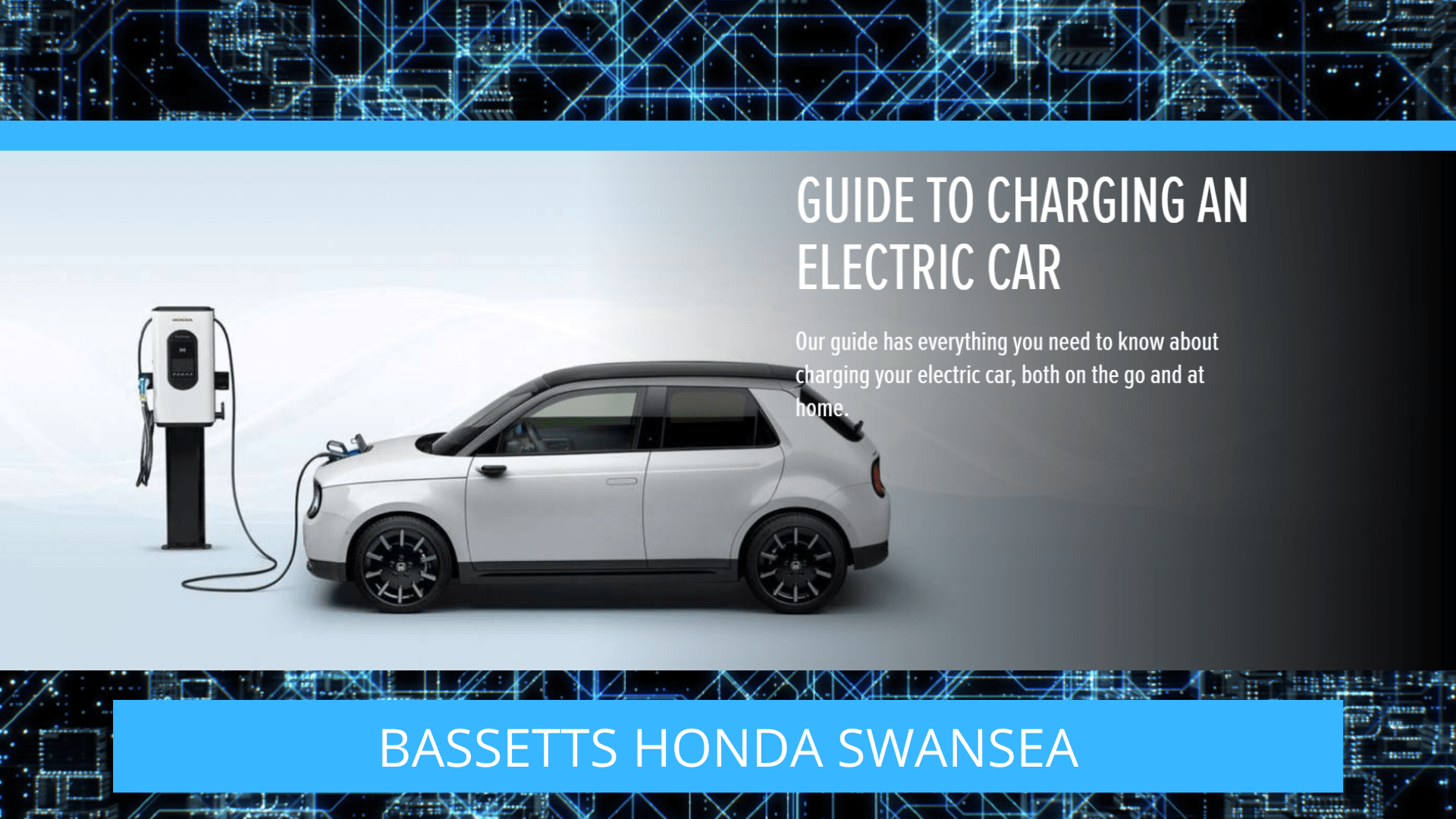ELECTRIC CAR FAQS
Welcome to a new age of driving. It’s an exciting future we look forward to and there’ll be many questions. Here, we hope you’ll find some of the answers.
ELECTRIC CAR FAQS
Welcome to a new age of driving. It’s an exciting future we look forward to and there’ll be many questions. Here, we hope you’ll find some of the answers.
- Can electric car batteries be recycled?
The batteries that power electric cars (and hybrids) can be recycled. The batteries, with their lighter weight and longer range, are lithium-ion type – just like laptops and mobile phones.
- Do electric cars give off emissions?
An electric car doesn’t have an exhaust or tailpipe, so it’s emission free and can be classified legitimately as zero – which is certainly beneficial for an urban environment where local air pollution is a real problem.
- Are electric cars more efficient?
Based on a cost-per-mile basis, a pure electric car could cost you less than a third of a petrol or diesel car. There are also significant tax advantages and some government grants to help you on your way.
- Do electric cars pay a congestion charge?
When driving in central London, fully electric vehicles and hydrogen fuel cell cars are exempt from the congestion charge, along with a number of efficient hybrids too. You should contact the authorities in other cities to check if you are eligible to enter the area without having to pay a charge.
- Do electric cars need oil?
Oil is not needed for electric cars. This means they don't need regular oil changes – unlike gasoline cars that need regular and sometimes expensive servicing – and they are generally cheaper to maintain.
- Do electric cars need servicing?
Yes, electric cars need servicing. Usually, a pure electric car has just these main components: the electric motor, an on-board charger, the battery and an inverter. This is one of the main reasons why electric cars cost less to service; compared to a conventional petrol or diesel car they need less maintenance. Electric motors have proved to be very reliable, requiring very little attention.
- Do electric cars need an MOT?
Electric cars have to pass the MOT test – like any other vehicle – after three years. The main difference is that there's no emissions test. Everything else like the brakes, suspension, lights, steering components and bearings etc. still apply.
- How do electric cars work?
There are no gears in an electric car, it’s a direct drive – straight to the wheels. Just press the accelerator pedal and you get smooth power instantly from the electric motor; it’s clean, efficient and produces strong performance with zero emissions.
- Are electric cars manual or automatic?
Electric cars don’t need a multi-speed, manual or automatic gearbox. Unlike combustion engines, electric motors have a very wide power band – they run at high RPM – and a simple fixed-ratio transmission is all that's needed.
- Do electric cars need a gearbox?
Electric cars don't have gears, because they run directly from the electric motor. Speed depends on how much acceleration you demand. No clutch is required, since the electric motor can produce torque from 0 RPM upwards.
- How far can an electric car go?
The range of electric cars on the road these days is steadily improving through advances in battery technology. Today, pure electric cars can easily drive for around 100 miles before you need to recharge, and some of the new models can now go for over 200 miles.
- Can electric cars be charged at home?
You’ll need to install a plug-in socket at home and then plan your journey so that you can recharge when necessary on longer drives. Whenever your electric car tells you that the battery is running low, you just plug it in. It’s so simple…like plugging in the kettle.
- Is electric car charging free?
Charging at home will cost approximately £3.64 for a full charge while charging at public stations and public charging points – like supermarkets or car parks – are often free to use for the duration of your stay. Rapid charging points are found at motorway service stations and typically cost around £6.50 for a 30-minute charge.
- Are all electric chargers the same?
No, there are two types and they’re simply named Type1 and Type 2, however there is a universal type available that will fit both. Most of the current generation of electric cars use a standard called J1772 for 110V and 240V for charging, which is what all public chargers are all based on.
- How do I install an electric car charging point?
Home charging stations are compact, weatherproof and easy to install – taking as little as two to three hours to fit a unit. But don't be tempted by your local electrician. The best thing to do is contact a certified OLEV (Office for Low-Emissions Vehicles) installer and you’ll able to claim a government grant of £500 in the UK towards it. Choosing someone like this will ensure your home charger is fitted to the highest safety standard.
- How long does it take to charge an electric car?
The time to charge an electric car can take as little as 30 minutes or up to 12 hours and depends entirely on the size of the battery and the speed of the charging point.
- What happens when an electric car runs out of battery?
Much like a petrol or diesel-powered car, you’ll come to a stop. However, new electric car owners tend to be more conscious of their range – often referred to as "range anxiety". However, knowing that your electric car can likely go for 100 miles between charges should be enough to alleviate any such fears. Plus, electric cars have a gauge, like a petrol-powered car, to provide you with plenty of time with audible and visual warnings of low range.










